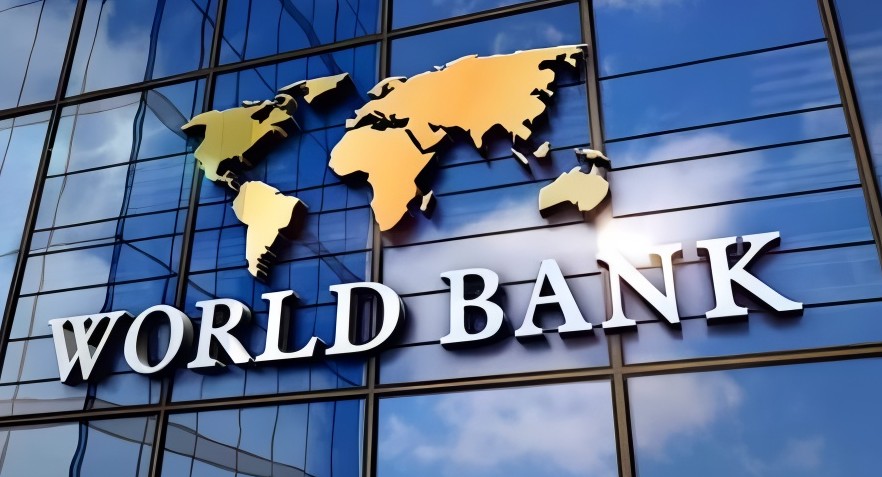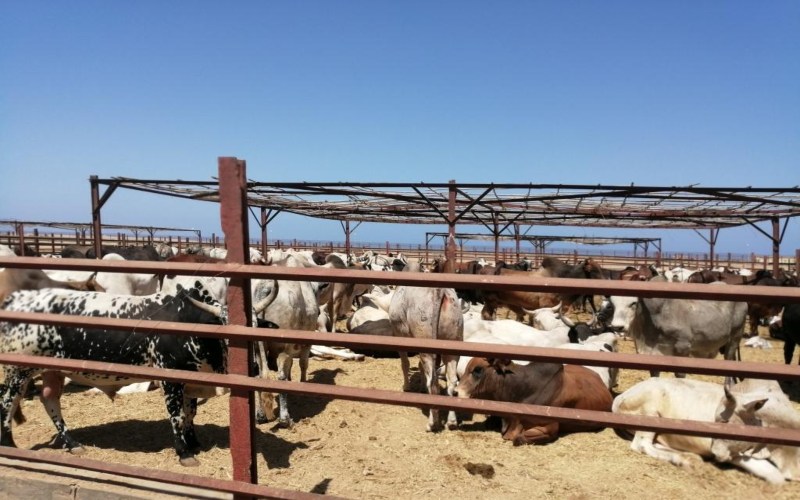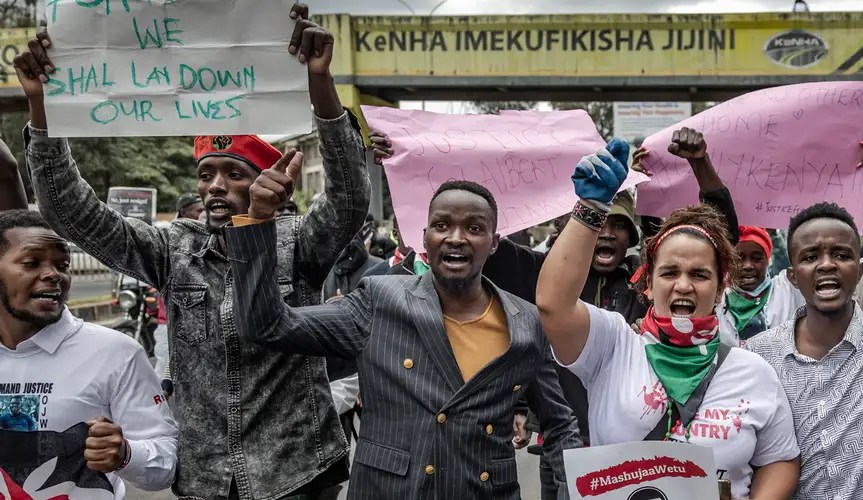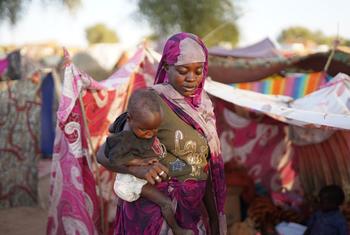World Bank: Africa remains biggest development challenge despite 25 years of progress

The World Bank adds that in the early 2000s, Africa enjoyed strong economic growth driven by high commodity prices and a surge in foreign capital inflows.
Africa remains the world’s most pressing development challenge despite major strides in education, healthcare, and infrastructure, according to a 25-year World Bank analysis tracing the continent’s progress since the start of the 21st century.
The World Bank notes that Africa has made notable progress, including a drop in mortality rates and a rise in life expectancy from 50 years in 1998 to 61 years in 2022.
More To Read
- World Bank warns political interference weakening Kenya’s state-owned enterprises
- WHO calls for urgent action to achieve universal health coverage by 2030
- African countries take lead in push toward universal health coverage for 1.5 billion people by 2030
- Developing countries’ debt servicing cost hit 50 year high on high interest
- African land policy reforms benefit women and communities, but 18-country review reveals key gaps
- Why mastering Generative AI is the fastest way to boost your career and salary
School attendance has improved, with primary school enrolment increasing from 80 per cent in 1999 to 99 per cent in 2022, and secondary school enrolment increasing from 26 per cent to 45 per cent over the same period.
The World Bank adds that the early 2000s saw strong economic growth fuelled by high commodity prices, and the continent experienced a massive inflow of foreign capital.
The World Bank notes that African countries have shown strong growth performances, with investment rising from 17.6% of GDP in 1998 to 38.1 per cent in 2018.
10 fastest-growing economies
For instance, between 2000 and 2019, seven of the world’s 10 fastest-growing economies were reportedly in Africa.
Highlighting further progress during the review period, the report notes that aid dependence has decreased, tax revenues have risen, and the median poverty rate has dropped by approximately 10 percentage points to around 43 per cent.
However, these improvements still fall short of bringing the continent on par with its global peers in driving overall development.
“Despite such hopeful signs, Africa remains the world’s biggest development challenge for several reasons,” the report reads.
The report attributes this challenge primarily to deep-rooted structural economic issues, with persistent poverty being the foremost obstacle.
World’s extreme poor
It predicts that by 2030, Africa will be home to 90 per cent of the world’s extreme poor.
Economic stagnation is also a major concern, with the region’s global economic share holding steady at just 2 per cent.
Low private investment, the dominance of informal employment, and heavy reliance on small-scale agriculture also limit the region’s productivity and transformation, according to the report.
Nevertheless, electricity access remains far below global norms, with nearly half the population still in the dark.
“Only 51 per cent of the African population has access to electricity, compared to the global average of 91 per cent.”
Adding complexity to Africa’s development path is a shifting global trade and economic landscape.
Trade partnerships shift
Africa has seen a shift in trade and development partnerships, with trade with China rising sharply as the U.S. share has declined, the report notes.
The effects of climate change also weigh heavily on the continent, according to the lender.
It notes that although Africa contributes only about 2 per cent to global carbon emissions, it suffers disproportionately from climate impacts.
It is estimated that climate change has already reduced Africa’s GDP per capita growth by 14 per cent since the early 1990s, highlighting the continent’s heightened vulnerability to rising temperatures and extreme weather events.
Political instability and weak governance further compound the challenges.
The number of violent conflicts on the continent is said to have increased eightfold since 2000, leading to a surge in internally displaced persons and loss of life.
Coupled with systemic corruption and a lack of public trust in institutions, the World Bank reckons that these governance issues continue to undermine development progress and economic resilience.
Top Stories Today













































